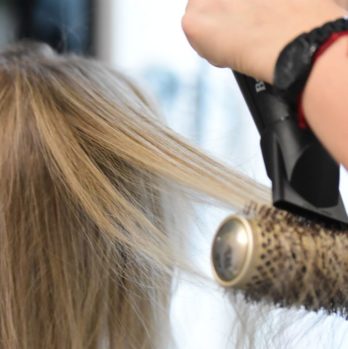Microneedling serum A Comprehensive Guide for Food Enthusiasts

A Deep Dive into Microneedling Serum: The Ultimate Skincare Solution
Introduction:

Taking care of our skin is essential, and with the advancement in skincare technology, microneedling serum has gained immense popularity. This article aims to provide a detailed overview of microneedling serum, including its types, popularity, quantitative measurements, differences between products, and a historical analysis of its advantages and disadvantages.
Understanding Microneedling Serum
Microneedling serum is a revolutionary skincare solution that involves the use of micro-needles to create tiny punctures on the skin’s surface, stimulating collagen production and enhancing the absorption of serums. It is available in various types such as Vitamin C, hyaluronic acid, retinol, and peptides.
Exploring Different Types and Popularity
Vitamin C Microneedling Serum:
Vitamin C microneedling serum is highly popular due to its antioxidant properties, which help reduce the appearance of scars, fine lines, and wrinkles. It brightens the complexion and improves overall skin texture.
Hyaluronic Acid Microneedling Serum:
Hyaluronic acid microneedling serum is known for its exceptional hydration capabilities. It helps retain moisture, plumps the skin, and reduces the signs of aging. Additionally, it aids in the healing process, making it suitable for sensitive skin types.
Retinol Microneedling Serum:
Retinol microneedling serum is a powerhouse when it comes to combating signs of aging. It reduces the appearance of wrinkles, fine lines, and pigmentation issues. However, it is recommended to use retinol-based serums with caution as they can cause skin irritation if not used correctly.
Peptide Microneedling Serum:
Peptide microneedling serum works wonders by promoting collagen synthesis and improving skin elasticity. It helps in reducing the signs of aging, including sagging skin and wrinkles.
Quantitative Measurements
Quantitative measurements for microneedling serum involve evaluating the concentration of active ingredients, needle length, and the number of treatments required for desired results. It is crucial to follow instructions provided by the manufacturer for optimal results and minimize any potential risks.
Understanding the Differences
Microneedling serums can vary in terms of ingredients, concentration, needle lengths, and brand reputation. Each product caters to different skin concerns, making it essential to choose one that aligns with your specific needs.
Historical Review of Pros and Cons
Advantages of Microneedling Serums:
– Stimulates collagen production, improving skin texture and elasticity.
– Enhances absorption of active ingredients, maximizing their efficacy.
– Reduces the appearance of scars, fine lines, and wrinkles.
– Improves overall skin hydration and vitality.
Disadvantages of Microneedling Serums:
– Potential skin irritation if not used correctly.
– Can be time-consuming due to multiple treatments.
– Some serums may be expensive, requiring long-term investment.
Conclusion:
Microneedling serum has revolutionized skincare routines with its ability to enhance product absorption and stimulate collagen production. Understanding the different types of serums, their popularity, quantitative measurements, differences, and historical pros and cons is vital for selecting the most suitable option. Incorporating microneedling serum into your skincare regimen can lead to radiant and youthful-looking skin.











